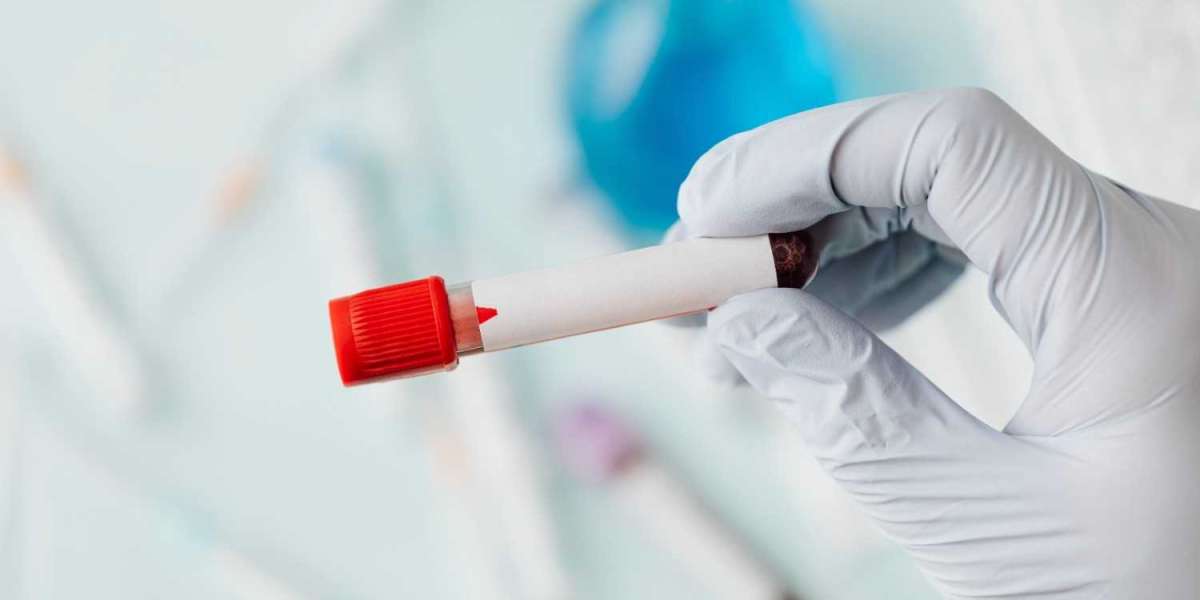Accurate testing plays a vital role in diagnosing infections and ensuring public health safety. The RT PCR test in Pune has become the gold standard for detecting viruses like COVID-19, thanks to its precision and reliability. If you need this test, understanding the step-by-step process can help ease any concerns and prepare you for a smooth experience. Here’s everything you need to know, from sample collection to receiving your results.
Step 1: Booking Your RT PCR Test in Pune
The first step in getting tested is selecting a reliable diagnostic centre in Pune. Many centres offer online or phone-based appointment scheduling, making it easy to find a suitable time slot. Some also provide home sample collection services for added convenience.
Before booking, ensure that the diagnostic centre is NABL-accredited and follows strict quality control measures. A reputable centre ensures accurate testing and timely results, essential for travel, work, or medical care.
Step 2: Preparing for the Test
Proper preparation helps ensure an accurate sample. Here are a few guidelines to follow:
- Avoid eating, drinking, or brushing your teeth at least 30 minutes before the test.
- Inform the healthcare provider about any recent medications or health conditions.
- Wear a mask and follow all safety protocols while visiting the diagnostic centre.
If opting for home collection, ensure you are in a well-ventilated space and have minimal contact with others during the sample collection process.
Step 3: Sample Collection Process
At the diagnostic centre, trained healthcare professionals carry out the sample collection with utmost care and hygiene. The process typically involves:
- Nasal Swab: A long, thin swab is gently inserted into the nostril to collect a sample from the back of the nasal cavity. This may cause slight discomfort but lasts only a few seconds.
- Throat Swab: A swab is also taken from the back of the throat, which may trigger a brief gag reflex.
The entire process takes less than a minute, and the collected samples are immediately stored in a sterile transport medium to preserve their integrity.
Step 4: Transporting the Sample to the Laboratory
Once collected, the sample is carefully sealed and labeled to ensure traceability. It is then transported to a laboratory that specializes in RT PCR testing. The samples are kept under strict temperature-controlled conditions to prevent contamination or degradation, ensuring reliable results.
At the laboratory, technicians verify the sample details before processing. A well-equipped diagnostic centre in Pune follows stringent safety measures to handle and analyze the samples efficiently.
Step 5: RNA Extraction and Amplification
The core of the RT PCR test in Pune lies in detecting viral RNA. The laboratory follows these critical steps:
- RNA Extraction: The sample undergoes a chemical process to extract the viral RNA. This step ensures that only the genetic material of the virus is isolated.
- Reverse Transcription: Since the virus contains RNA (not DNA), it is first converted into complementary DNA (cDNA) using special enzymes.
- Polymerase Chain Reaction (PCR): The cDNA is then amplified through a series of heating and cooling cycles. This allows the test to detect even the smallest traces of viral RNA.
Highly sensitive machines monitor these reactions in real time. If the virus is present in the sample, the test generates a positive result. If no viral RNA is found, the result is negative.
Step 6: Quality Control and Verification
Reliable testing depends on strict quality control. Before results are finalized, laboratory experts:
- Double-check sample integrity and ensure no contamination.
- Compare test results against control samples for accuracy.
- Validate findings through multiple checks to minimize errors.
A well-established diagnostic centre in Pune follows international testing protocols, ensuring reliable and consistent results.
Step 7: Receiving Your Results
Most RT PCR test in Pune results are available within 6 to 24 hours, depending on the diagnostic centre’s processing capacity. Patients typically receive their reports via:
- Email or SMS
- Online portal access
- Printed reports for travel or medical use
A positive result indicates the presence of the virus, and healthcare providers will guide you on the next steps. A negative result means no viral RNA was detected at the time of testing. If symptoms persist despite a negative result, consulting a doctor for further evaluation is advisable.
Step 8: Post-Test Guidelines and Care
After receiving the results, follow the necessary precautions based on the outcome:
- If Positive: Isolate yourself, follow medical advice, and monitor symptoms. Seek immediate care if symptoms worsen.
- If Negative: Continue following hygiene practices and preventive measures to stay safe. A repeat test may be necessary in some cases, especially for travel requirements.
Finding a Trusted Diagnostic Centre in Pune
Choosing a reputable diagnostic centre in Pune ensures a smooth and stress-free testing experience. Look for a centre that:
- Uses advanced RT PCR testing technology for accuracy.
- Provides quick and reliable results.
- Maintains high safety and hygiene standards.
- Offers home sample collection services for added convenience.
Conclusion:
When it comes to accurate and efficient RT PCR testing in Pune, AG Diagnostics is a trusted name. With state-of-the-art technology, experienced professionals, and a commitment to patient care, AG Diagnostics ensures a seamless testing experience. Whether you need a test for travel, work, or medical reasons, AG Diagnostics provides reliable and timely results, prioritizing your health and safety.








